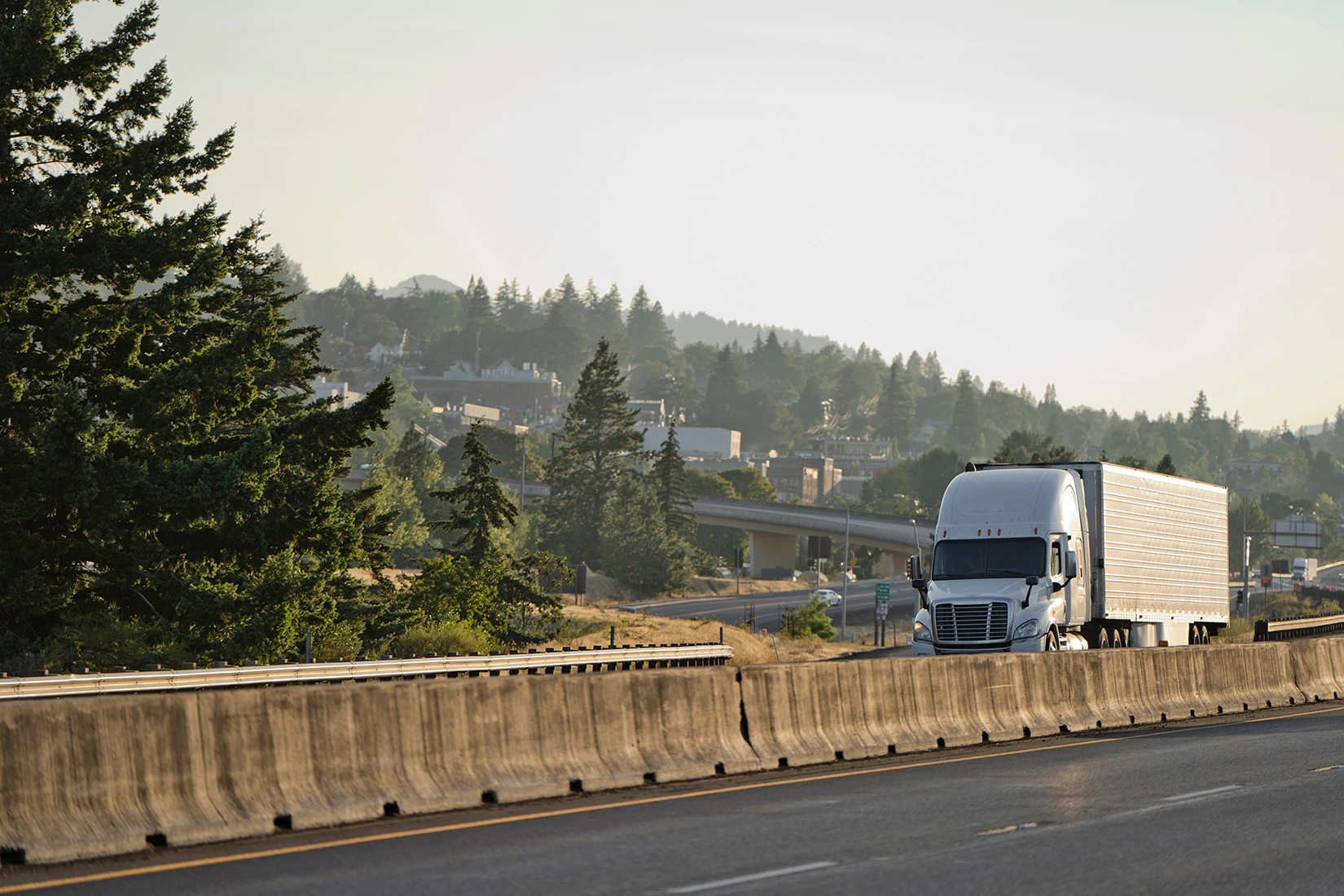Application Form
Please fill out the form below, so we can contact you as soon as possible!

The global supply chain relies heavily on the trucking industry to transport goods across large distances. Insurance is an important aspect that keeps this industry’s wheels turning smoothly. It is impossible not to recognize the significance of insurance in the trucking industry because it offers crucial protection against a wide range of risks that fleet owners and owner-operators face on a daily basis. The cost of insurance, which often lowers income and puts a burden on finances, continues to be a major obstacle for many in the business despite its importance.
In this article, we want to clarify the typical problems with insurance rates and provide useful, practical tips to assist owner-operators in keeping comprehensive coverage without going over budget.
Trucking insurance is an important component of the transportation industry, providing protection against various risks that can arise on the road. To ensure full coverage, it is important to understand the different types of insurance available and the factors that influence premiums.
Several factors can affect trucking insurance premiums. Understanding these factors can help companies manage and potentially reduce their insurance costs.
Now, let’s get down to the strategies that can save you some money when you buy insurance coverage for your owner-operator business.
For a fleet owner to guarantee your drivers’ security and regulate insurance costs, hiring experienced drivers and implementing frequent training programs is essential. Experienced drivers positively impact insurance rates due to their proven track records and adaptability to different driving situations. Fleet owners should favor applicants with significant long-haul trucking experience and a history of safe driving, perform extensive background checks, and confirm driving histories.
Investing in technology is a crucial strategy for improving efficiency and safety in the transportation industry. Telematics and GPS monitoring can help companies track vehicle location, driving patterns, and route efficiency in real-time. This lowers fuel expenses and enhances operational decision-making. Installing safety equipment such as dashcams provides useful information for incident analysis, driver education, and even driver exoneration from fraudulent claims. These devices not only increase safety but also lower insurance costs by offering comprehensive, useful insights into fleet operations.
Effective fleet maintenance depends on thorough maintenance and regular vehicle inspections. Regular maintenance and repairs guarantee that trucks stay in top shape and lower the likelihood of breakdowns and accidents. Keeping accurate repair records is just as vital since it offers a complete history of all the services and repairs performed on each vehicle, making it easier to spot recurring problems and guaranteeing legal compliance. In addition to improving safety and dependability, this proactive fleet maintenance strategy lowers operating expenses and lengthens the vehicle’s lifespan.
For trucking businesses, comparing insurance quotes is an essential step in cost management. By comparing several insurance providers, you can find the best coverage alternatives at affordable rates. The comparison process can be made simpler by using online resources and working with insurance brokers, who can offer a concise summary of different policies, rates, and terms. By taking a careful approach, owner-operators can make informed choices and obtain the most affordable, comprehensive insurance coverage that meets their unique requirements.
Raising deductibles is smart for trucking businesses trying to regulate insurance expenses. Owner-operators can reduce their premium payments by choosing greater deductibles. Therefore, it is imperative to evaluate the state of their finances in advance to ensure they can afford the higher deductible should a claim happen. With this method, owner-operators can maintain appropriate coverage while potentially lowering overall insurance costs over time by striking a balance between sensible risk management and immediate cost reductions.
It is important for trucking businesses to do regular reviews of their insurance coverage to make sure it still fits their current operational conditions and requirements. Businesses might find holes or redundancies in their policies and make necessary revisions by routinely reviewing their coverage. When analyzing coverage, factors such as modifications to the size of the fleet, routes, types of cargo, and regulatory requirements should be taken into account. This proactive approach ensures that businesses are not over- or under-insured in light of their changing business situations, which reduces insurance costs while also aiding in maintaining appropriate protection against prospective dangers.
One method that owner-operators can use to cut expenses is to take advantage of insurance premium savings. Owner-operators should look for insurance companies that provide discounts for implementing safety measures, such as installing GPS tracking systems, dash cams, and other equipment. Trucking business owners can frequently receive additional discounts by participating in industry-specific safety programs or earning certain safety certifications. Trucking businesses that actively seek these opportunities improve their safety procedures and control insurance costs, which helps them make more money while keeping their coverage strong.
Whether you’re an owner-operator or manage a fleet, implementing strategic measures to save on insurance costs is crucial for maintaining profitability and operational stability in the trucking industry. By focusing on hiring experienced drivers, investing in technology for safety and efficiency, maintaining rigorous fleet maintenance practices, and regularly reviewing and adjusting insurance coverage, businesses can effectively manage their risk exposure while potentially lowering insurance premiums. Exploring discounts offered by insurers for safety measures and participating in industry-specific programs can further optimize cost savings. Taking a proactive approach to insurance management not only protects assets and enhances safety but also contributes to long-term financial sustainability in a competitive market environment.
Application Form
Please fill out the form below, so we can contact you as soon as possible!